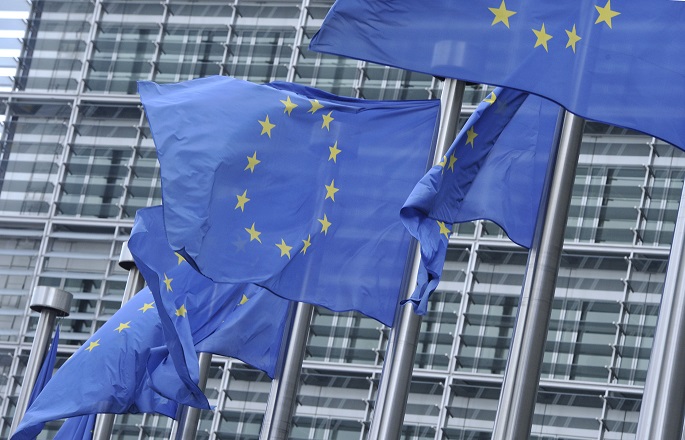EU court rules partially against EC over 2017 inspections
Published : 05 Oct 2020, 22:57
The General Court of the European Union (EU) said on Monday that while the European Commission has every right to carry out surprise inspections to investigate suspicions of illegalities, it could not violate the homes of those it was probing, reported Xinhua.
The court was ruling on a number of complaints it had received about the investigative rights the European Commission had to probe businesses and service providers when it had reasonable suspicion to believe that they were in breach of the competition rules.
The court heard how in 2017 the European Commission had adopted a series of decisions ordering several French companies to submit to inspections after it had received information concerning exchanges of information between a number of undertakings and associations of undertakings in the food and non-food distribution sector.
During the inspections, the commission visited the premises of the relevant companies where copies of the content of computer equipment were taken.
Following the inspections, a number of companies filed court actions seeking the annulment of those decisions, claiming the inspections were illegal and violated their right of the inviolability of the home. Some of the applicants disputed the legality of the seizure and of the copying of the data relating to the private lives of their employees and managers and the refusal to return that data.
The court rejected the argument of illegality, saying the EU regulations gave the commission the power to carry out inspections and the obligation for companies or associations to submit to those inspections when ordered to do so.
When ruling on the inviolability of the home, the EU court noted that in order to ensure that an inspection decision is not arbitrary, it must ascertain that the commission has sufficiently strong evidence for a suspicion of an infringement of the rules of competition by the undertaking concerned.
But the court ruled that the commission had failed to show that it had sufficiently strong evidence to suspect exchanges of information concerning the future commercial strategies of the undertakings and therefore upheld the complaint and annulled in part the European Commission's decisions.


